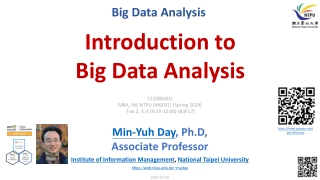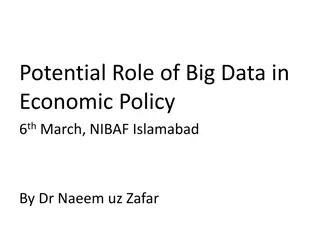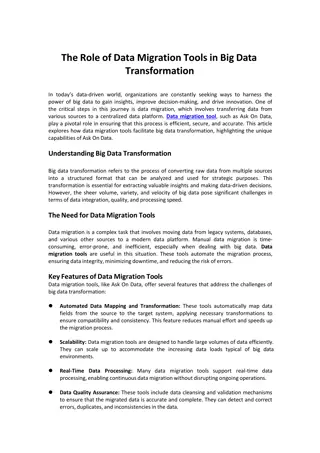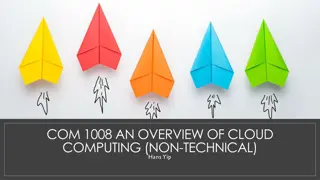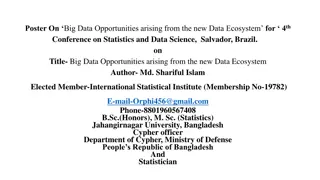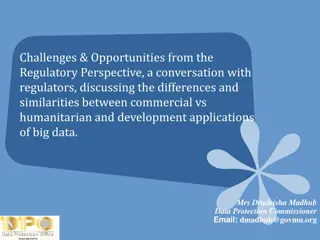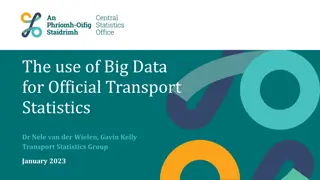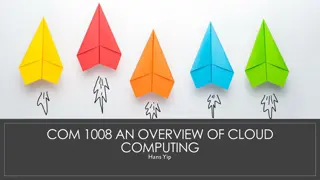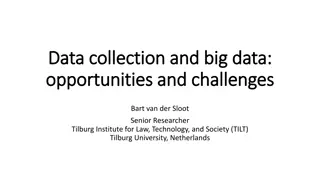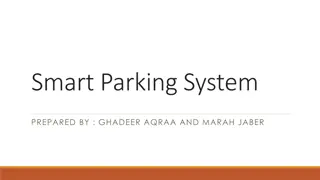
Themes of Modernity and Anthropology
Explore diverse perspectives on modernity, Eurocentrism, and anthropology through key texts by Charles Walton, Christos Efstathiou, Rebecca Spang, Jack Goldstone, Timothy Earle, and others. Delve into debates on early modernity, organic societies, deep history, and the dynamics of chiefdoms versus states.
Download Presentation

Please find below an Image/Link to download the presentation.
The content on the website is provided AS IS for your information and personal use only. It may not be sold, licensed, or shared on other websites without obtaining consent from the author. If you encounter any issues during the download, it is possible that the publisher has removed the file from their server.
You are allowed to download the files provided on this website for personal or commercial use, subject to the condition that they are used lawfully. All files are the property of their respective owners.
The content on the website is provided AS IS for your information and personal use only. It may not be sold, licensed, or shared on other websites without obtaining consent from the author.
E N D
Presentation Transcript
Big Data, Durable Themes Charles Walton Christos Efstathiou
From Eurocentrism to Modernity? We all know Eurocentrism when we see it Rebecca Spang, ( Paradigms and Paranoia , AHR, 2003) Sneaking Eurocentricism through the back door? Can everyone have their own modernity ?
Modernities, or. chuck the whole concept? Jack Goldstone, The Problem of Early Modernity (1998) Can discreet processes be lumped into modernization? Teleological. Early modernity is even worse: extremely teleological How to make sense of Saudi Arabia: technologically modern but still theocratic.
Alternative: Advanced Organic Societies Aspects of modernity but no telos. De-reify modernity. Different types exist. Not necessarily progressive. AOS can be stable. England s departure is what must be explained, rather than others backwardness
Reviving the longue dure ? Deep History New scale: deep time Draws on anthropology, evolutionary biology, material culture, research on brain Humans as more integrated into a story about ecology and the environment Decenter the human being
Examples using anthropology (but not thick description) Timothy Earle, How Chiefs Come to Power (1997) Political Economy in Pre-History Sources of power Economic / redistribution Military Power / coercion Ideological power / beliefs It is my contention that the fundamental dynamics of chiefdoms are essentially the same as those of states, and that the origin of states is to be understood in the emergence and development of chiefdoms.
Attack on pre-history History and the pre- , Shryock and Smail (2013)
Universal threads that knot in historically specific ways David Graeber, Debt: The First Five Thousand Years Debunks barter, money, credit/debt narrative Debt came first. Primary way of organizing social relations.
What we see from a deep history of debt? Barter never existed. It s a modern myth. This myth reinforces the sin of indebtedness, even though debt is endemic. Debt as morality deployed as power How societies cope with too much debt? Jubilees: cancel the debt, redistribute the land.
The Turn to Big Data The History Manifesto (2014) David Armitage, Jo Guldi Bonfire in the humanities: too specialized Not helpful guide to predicting future Criticizes short-termism and microhistory the colorful anecdote.
What big data can do: Offer something to those in need of a future. Better means for comprehending longue dur e Give us a big picture in order to cope with big problems (environment, globalization)
Two examples Thomas Piketty, Capital in the Twenty-first Century r > g inequality is the tendency Post-WWII social democracy exception Only way to prevent widening inequality: recycle wealth through taxation and public investments Problem: the analysis has nothing to do with the data itself. In fact, the data for the 20thcentury shows the opposite of his thesis
Text Analysis Systems Useful for testing claims and historicizing concepts Google n-gram Frequency of terms as a proportion of all terms used
Quentin Skinner Two Kinds of Liberty Claimed that 17thcentury saw two kinds of freedom Freedom from (Hobbes) Freedom as virtue (Ancient Rome) Text analysis for all texts using the term freedom Virtue shows up nowhere near the term and vice- versa. Skinner s claims are limited to a small set of rarified sources. They had no influence.
Criticism of Big Data Armitage and Guldi s claims are wrong. They mis-interpreted their own data. Historians are NOT irrelevant today No evidence that time scale and influence on public policy have anything to do with each other
Motivation for big data? Big money: private funding is increasingly favoring the hard sciences

